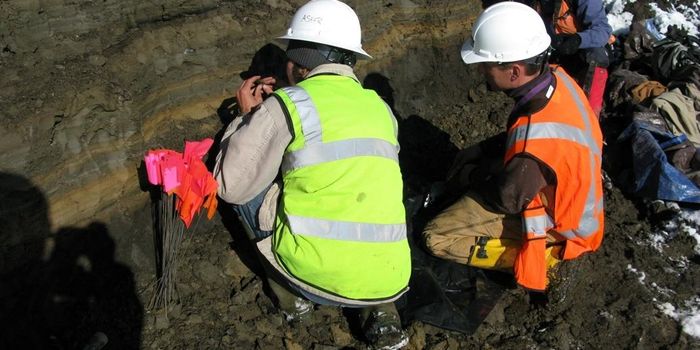Atmospheric pressure is the force exerted by the weight of air in the atmosphere - yes, air has weight! Air pressure constantly changes depending on elevation. Up in the mountains, air pressure is lower. By contrast, deep in the ocean, air pressure is significantly higher compared to ground level. But what does high air pressure actually do to the body?
High pressure compresses molecules. As seen with the blow-up doll simulation, increasing the pressure causes the doll to seemingly deflate. This occurs not because air is forced out of the doll, but because the increased mass of the atmosphere bears down on the molecules inside the doll. Once the pressure is relieved, the doll is inflated again.
Increased atmospheric pressure can mess with your physiology in a few observable ways. It alters the frequency of sounds emanating from your vocal cords. In addition, because of the high air pressure, you breathe in more nitrogen gas, which affects how your brain functions. In essence, you feel loopy from too much nitrogen - an effect similar to being given "laughing gas" at the dentist. Watch the video to see exactly how altered a person can become with too much pressure!








